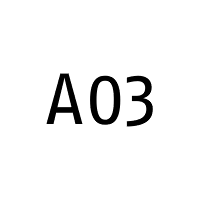World orders and societal futures. Comparative Practices in the phase of high imperialism
The wars fought in the Americas around 1898 challenged the existing world order on a global scale. While the United States established itself as a new empire, Spain lost its remaining colonies and Cuba, Puerto Rico and the Philippines fell victim to new dependencies. These processes of dissolution and reformation fundamentally questioned the social order of the respective societies. Employing spatio-temporally coded practices of comparing, heterogeneous groups of actors were seeking to establish new discursive (world) orders and societal futures. The significance of those practices of comparing for historical transformation processes on a (trans-)local, (trans-)national or global scale form the core focus of this project part.

